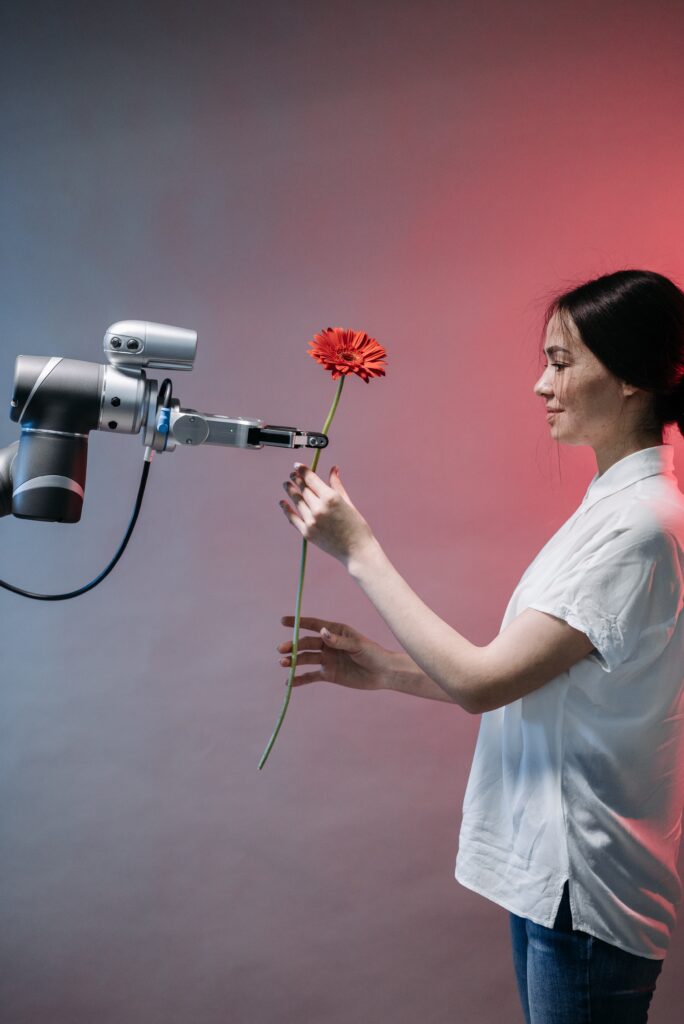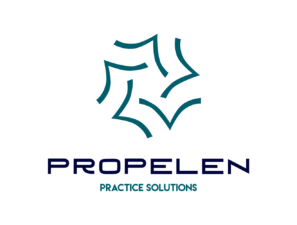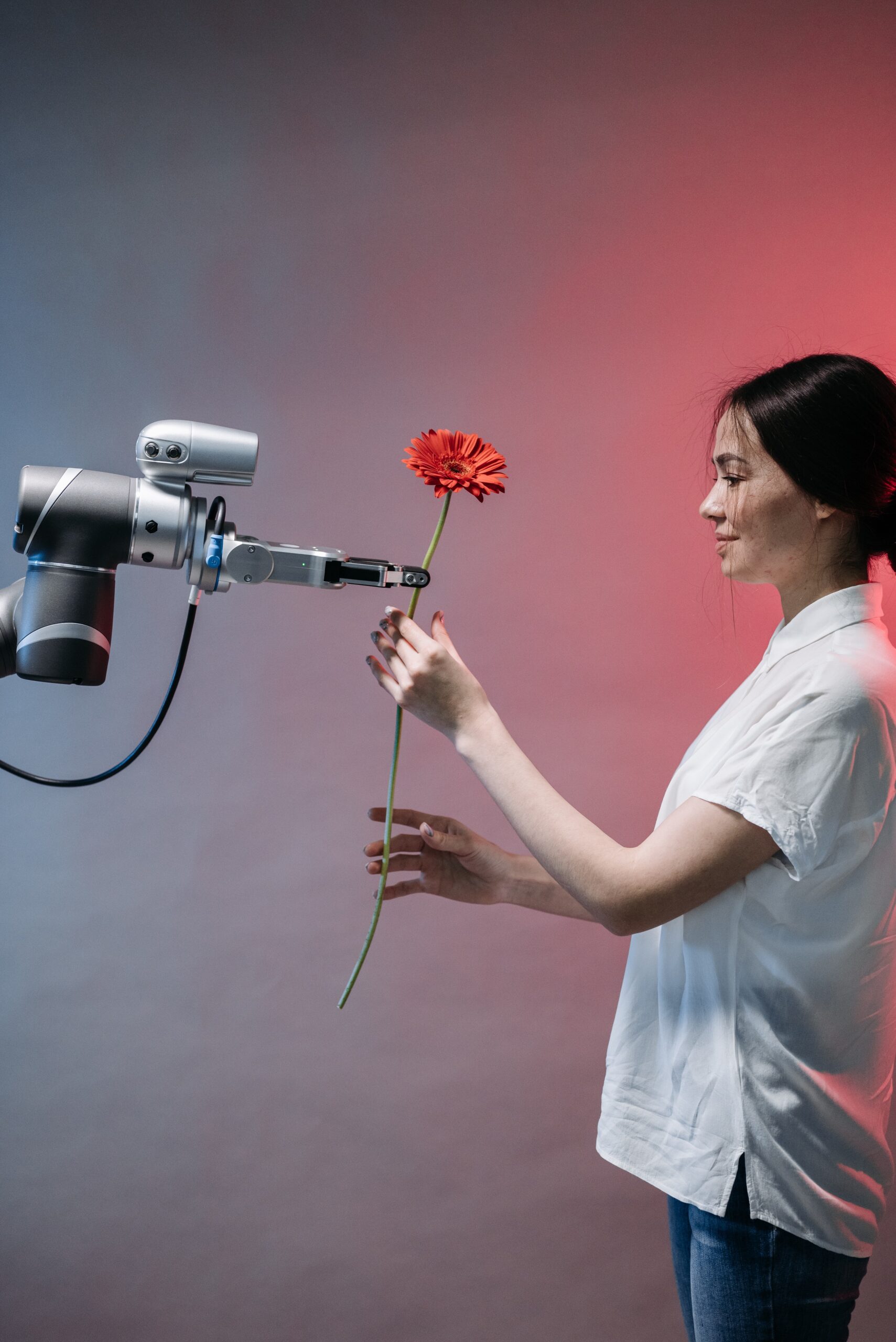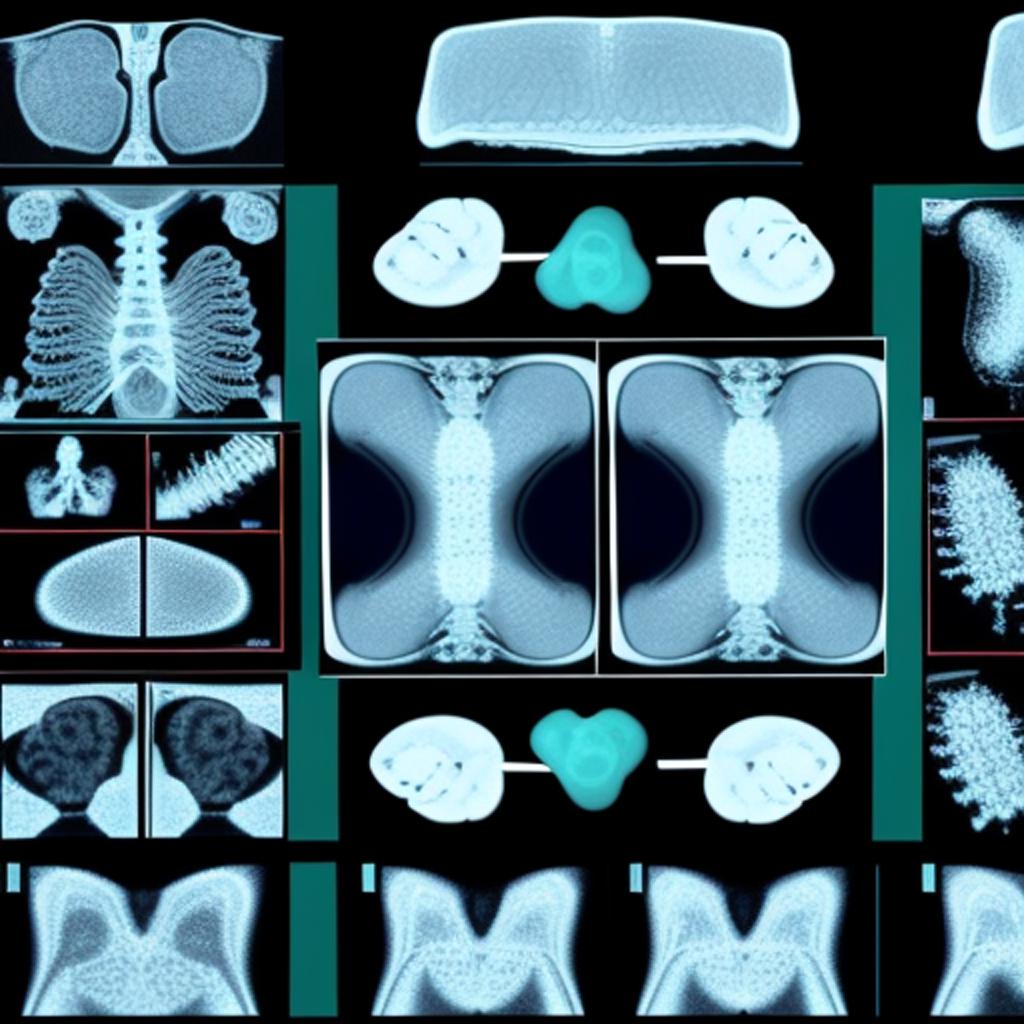Introduction
As the digital age continues to evolve, artificial intelligence (AI) is becoming a significant part of our daily lives. In the healthcare industry, AI offers numerous opportunities to improve patient care, enhance operational efficiency, and revolutionize traditional processes. However, there’s often a misplaced fear that AI could replace human jobs in the healthcare sector. This blog will debunk that myth, explore the various ways AI can serve as a powerful collaborator, and provide insight into how healthcare professionals can prepare for this technological revolution.
Understanding AI in Healthcare
AI in healthcare involves the use of complex algorithms and software to mimic human cognition in analyzing intricate medical data. It draws upon pattern recognition, learning from experience, and drawing conclusions much like a human would. However, AI can process vast amounts of data faster and more accurately than a human, making it a valuable tool for diagnosis, treatment plans, drug discovery, and patient care.
There’s often confusion and fear about AI, mainly due to misunderstandings about its purpose and capabilities. Many fear it could replace human jobs, leading to unemployment and depersonalization of care. However, it’s essential to understand that AI in healthcare is not about replacing humans but augmenting their capabilities. It’s about collaboration, not competition.
AI as a Collaborator, Not a Competitor in Healthcare

AI can automate repetitive tasks, manage large volumes of data, and perform complex calculations quickly. It can also predict patient deterioration, support clinical decisions, and provide personalized medicine. However, AI lacks the human touch – empathy, understanding, and care, crucial in the healthcare field.
AI is designed to augment human intelligence, not replace it. For instance, an AI-enabled imaging tool can help radiologists detect abnormalities faster and more accurately, but the final diagnosis and treatment plan still rely on the radiologist’s expertise.
Similarly, AI can handle administrative tasks such as scheduling appointments, freeing up staff to focus on more critical patient care tasks. It can help doctors analyze patient history, predict possible health risks, and suggest personalized treatment plans, but the decision-making still lies with the healthcare professional.
AI: Enhancing Efficiency and Quality of Care
AI is already reshaping healthcare in ways that were unimaginable a few years ago.
Let’s look at some examples:
- Predictive analytics: AI can analyze vast amounts of data to predict disease outbreaks, patient deterioration, or readmissions. This proactive approach can help in early detection and timely intervention, improving patient outcomes and reducing healthcare costs.
- Personalized medicine: Every individual is unique, and so is their response to treatment. AI can analyze a patient’s genetic makeup, lifestyle, and health history to suggest a personalized treatment plan, enhancing the effectiveness of care.
- Telemedicine: AI-powered virtual assistants can provide medical advice based on symptoms inputted by the patient. It can also help monitor patient health remotely, especially useful for chronic disease management.
- Drug discovery: AI can speed up the drug discovery process by identifying potential drug candidates and predicting their effectiveness and side effects, reducing the time and cost of drug development.
- Robotic surgery: AI-enabled robots can assist surgeons during complex procedures, increasing precision and reducing risks.
While these examples highlight AI’s potential, it’s equally important to understand that AI’s role is to assist, not replace, healthcare professionals.
Preparing for an AI-Driven Future
The integration of AI in healthcare is inevitable, and healthcare professionals need to prepare for this transition. Understanding AI, its capabilities, and its limitations is the first step. The next is learning to work with AI, which involves training.
Healthcare professionals must be open to learning about new technologies, understanding how they work, and exploring how they can leverage these tools to enhance their practice. Continuous education, attending seminars, workshops, or online courses focused on AI in healthcare can help them stay updated with advancements in this field.
Moreover, ethics, privacy, and security should also be considered when using AI. Healthcare professionals must ensure they understand the ethical implications of using AI, the importance of maintaining patient confidentiality, and the security measures needed to protect patient data.
Healthcare organizations can play a crucial role in facilitating this transition. They can organize training programs, promote a culture of continuous learning, and invest in advanced AI-powered tools. Collaborations with tech companies can also help in developing tailored AI solutions that meet their unique needs.
Future Implications and Conclusion
As AI continues to evolve, its integration into healthcare will deepen, providing more opportunities to enhance patient care and improve operational efficiency. But the human aspect of healthcare will remain irreplaceable. The empathy, care, and understanding that healthcare professionals provide are something that AI can’t replicate.
Therefore, instead of viewing AI as a threat, healthcare professionals should see it as an ally – a powerful collaborator that can help them deliver better care. By embracing AI, they can not only enhance their practice but also contribute to an AI-driven revolution in healthcare.
In the upcoming blogs, we’ll delve deeper into AI’s role in healthcare, exploring areas such as patient care, healthcare operations, and new healthcare roles created due to AI. Stay tuned!
This is the first in a series of blog posts about the emergence of Artificial Intelligence in healthcare, written by Propelen LLC CEO Sokhona Sillah. See all articles in this series: ArtificlaI Intelligence and Healthcare
Sokhona Sillah, MHA
- Sokhona Sillah, MHAhttps://propelen.com/author/sokhonasillah/
- Sokhona Sillah, MHAhttps://propelen.com/author/sokhonasillah/
- Sokhona Sillah, MHAhttps://propelen.com/author/sokhonasillah/
- Sokhona Sillah, MHAhttps://propelen.com/author/sokhonasillah/



